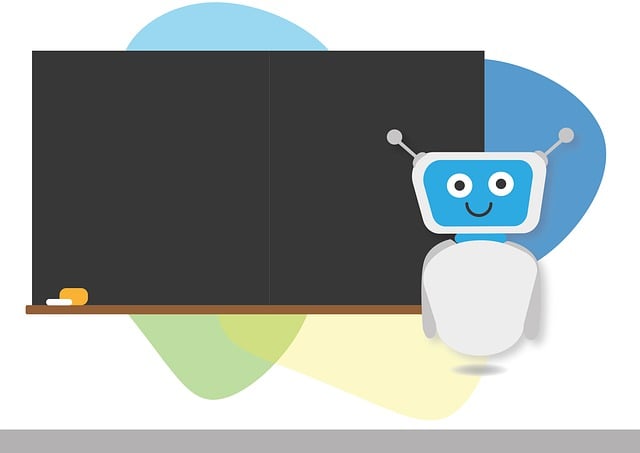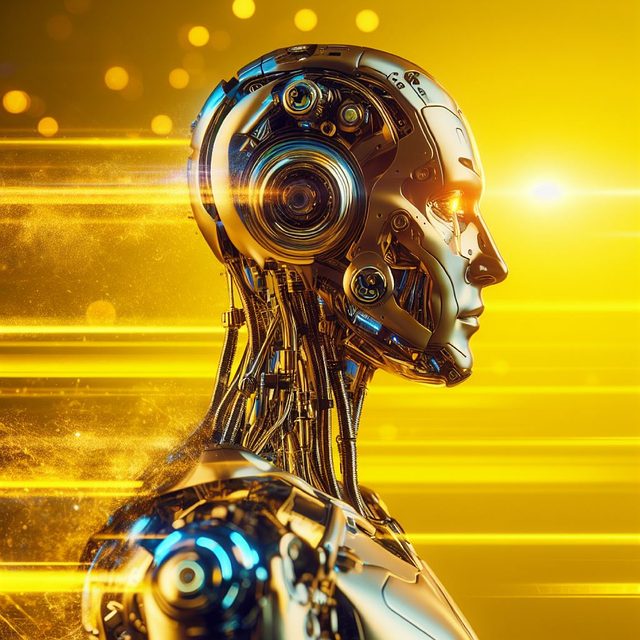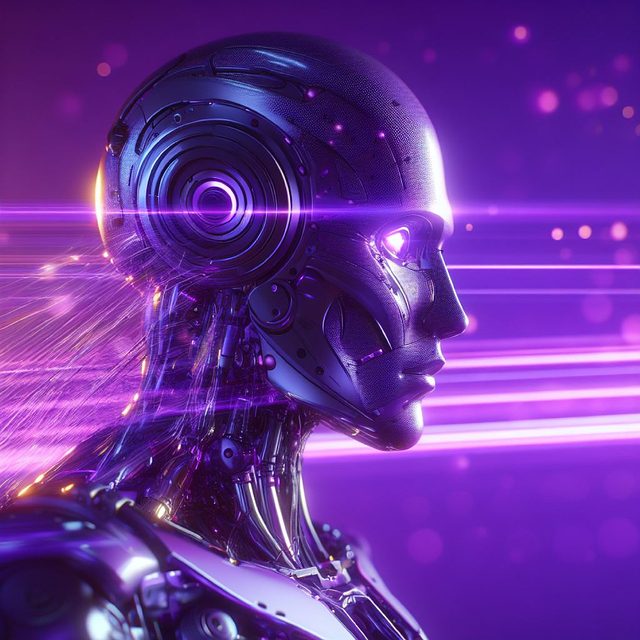Chatbots powered by Artificial Intelligence (AI) and Natural Language Processing (NLP) have drastically changed digital interactions by providing swift, personalized assistance. NLP equips chatbots to interpret and generate human language, allowing them to comprehend context, intent, and sentiment from vast text data. This capability facilitates meaningful conversations, tackles complex queries, and executes tasks like booking flights or offering customer support. As technology progresses, the integration of NLP continues to boost chatbot capabilities, making user interactions more natural and intuitive. AI chatbots are swiftly transforming business interactions across sectors by delivering 24/7 support, managing multiple inquiries concurrently, and enhancing user experiences via instantaneous responses. Future developments in NLP promise even more sophisticated conversations, superior ambiguity handling, personalized experiences, and proactive assistance, driving automation, efficiency, and higher customer satisfaction across industries.
“Chatbots, powered by Artificial Intelligence (AI) and Natural Language Processing (NLP), are transforming the way we interact with technology. This article explores the intricate relationship between chatbot technology and NLP, shedding light on how these tools understand and respond to human language. We delve into the capabilities of NLP in enhancing chatbot performance, enabling them to deliver precise and contextually relevant responses. Furthermore, we examine real-world applications and future prospects, underscoring chatbots’ growing importance across various industries.”
- Understanding Chatbot Technology: A Gateway to Natural Language Processing (NLP)
- The Power of NLP: Enabling Chatbots to Comprehend and Respond Effectively
- AI Chatbots in Action: Real-world Applications and Future Prospects
Understanding Chatbot Technology: A Gateway to Natural Language Processing (NLP)

Chatbots, powered by Artificial Intelligence (AI), have become an integral part of our digital interactions, offering instant and personalized assistance. These virtual assistants leverage Natural Language Processing (NLP) to comprehend and respond to user queries in a human-like manner. At its core, NLP is the technology that enables chatbots to interpret and generate human language, making it a gateway to more advanced AI applications.
By processing vast amounts of text data, NLP algorithms enable chatbots to understand context, intent, and sentiment. This capability allows them to engage in meaningful conversations, answer complex questions, and perform tasks such as booking flights or providing customer support. As technology advances, the integration of NLP into chatbot development continues to enhance their capabilities, making interactions more natural and intuitive for end-users.
The Power of NLP: Enabling Chatbots to Comprehend and Respond Effectively

Natural Language Processing (NLP) is a game-changer in the realm of chatbots, granting them an understanding of human language that goes beyond simple keywords. By employing NLP techniques, AI chatbots can interpret complex sentences, recognize intent, and process user queries with remarkable accuracy. This capability transforms how chatbots engage with users, enabling them to comprehend nuances, context, and even emotional undertones in conversations.
The power of NLP lies in its ability to enhance chatbot responses from static, rule-based interactions to dynamic, human-like dialogues. It facilitates meaningful conversations by allowing chatbots to ask clarifying questions, provide relevant information, and adapt their responses based on user feedback. This level of sophistication not only improves user satisfaction but also opens doors for chatbots to handle a broader spectrum of tasks, from customer service and support to personal assistants in our daily lives.
AI Chatbots in Action: Real-world Applications and Future Prospects

AI Chatbots have already made significant inroads into various sectors, revolutionizing the way businesses interact with their customers. From 24/7 customer support and lead generation to data entry tasks and content creation, chatbots are proving their versatility. They can handle a multitude of queries simultaneously, providing instant responses that enhance user experiences. With Natural Language Processing (NLP) at their core, these chatbots understand human language nuances, interpret intent, and generate contextually relevant answers.
Looking ahead, the future prospects for AI Chatbots seem even more promising. Advancements in NLP will enable them to engage in more complex conversations, handle ambiguities, and offer personalized experiences. As they learn from interactions, chatbots will become smarter and more adaptive, anticipating user needs and providing proactive assistance. This evolution is set to transform industries further, creating new opportunities for automation, efficiency, and improved customer satisfaction.
Artificial Intelligence (AI) chatbots have evolved significantly, driven by Natural Language Processing (NLP), transforming how we interact with technology. NLP empowers these chatbots to comprehend human language nuances, providing more natural and effective responses. From customer service to healthcare, AI chatbots are revolutionizing industries, offering 24/7 support and enhancing user experiences. As technology advances, the future of AI chatbots looks promising, promising even more sophisticated interactions and applications that will continue to reshape our digital landscape.
